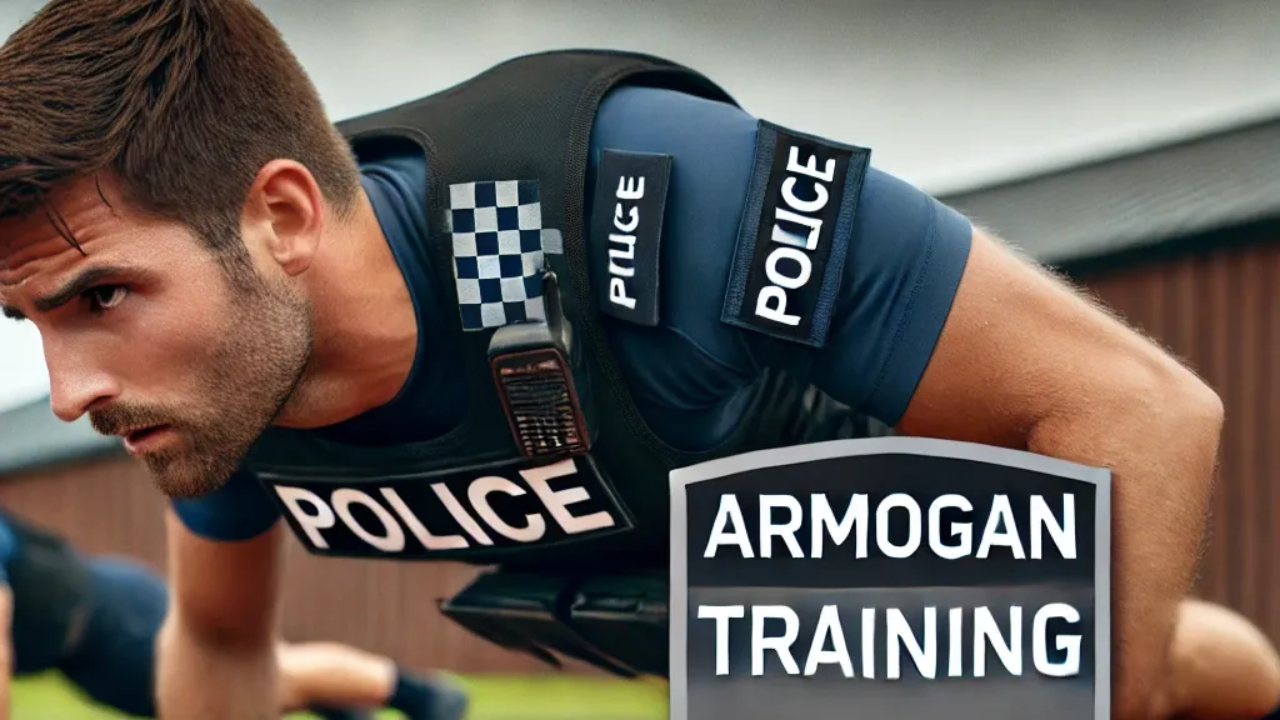
5 Tips to Meet and Exceed Police Academy Fitness Standards
Physical fitness is a fundamental part of police academy training and a key requirement for law enforcement careers. The academy’s fitness standards ensure that recruits are ready for the physical demands of the job, from pursuing suspects to handling emergencies. Here’s how to prepare for and exceed these standards.
1. Understand the Fitness Requirements
Each academy has specific fitness standards, including exercises like running, push-ups, sit-ups, and agility drills. Familiarize yourself with these requirements so you can target your training effectively.
Tip: Check your academy’s website or contact a recruiter to get a detailed breakdown of the fitness benchmarks. Tailor your workouts to meet or exceed these standards.
2. Build a Balanced Workout Routine
A well-rounded fitness routine that includes cardio, strength, and flexibility training will prepare you for the variety of exercises required in the academy.
Tip: Dedicate three days a week to strength training (push-ups, pull-ups, weightlifting) and two days to cardio (running, swimming, cycling). Include stretching or yoga sessions to improve flexibility and prevent injuries.
3. Train for Endurance and Speed
Most academies require timed runs or obstacle courses that test your endurance and speed. Incorporate interval training into your cardio workouts to build stamina and explosive power.
Tip: Practice sprints followed by steady jogging in intervals (e.g., 30 seconds of sprinting, 1 minute of jogging) to simulate the demands of police physical tests.
4. Practice Functional Movements
Many fitness standards involve real-world movements like climbing, dragging, or carrying. Practicing these functional exercises will improve your strength and prepare you for specific scenarios.
Tip: Add exercises like farmer’s carries, weighted sled pushes, or bodyweight circuits to your routine to mimic real-world physical tasks.
5. Monitor Nutrition and Recovery
Your body needs proper fuel and recovery to perform at its best. Focus on a balanced diet rich in lean protein, whole grains, fruits, and vegetables, and prioritize rest to avoid overtraining.
Tip: Stay hydrated and aim for 7–8 hours of sleep per night. Incorporate active recovery days with light stretching or walking to maintain mobility and prevent burnout.
Meeting police academy fitness standards is about consistent effort and preparation. By focusing on strength, endurance, and recovery, you’ll be ready to excel and set yourself up for a successful academy experience.
For more tips on police academy preparation, visit www.armoganct.com.
Best,
Barbara
Armogan Training Team
Police Candidate Getting Started Workshop
Learn about every phase of the hiring process!!!
-Plus hidden BONUSES!!!
We hate SPAM. We will never sell your information, for any reason.

